Posted on February 1st, 2021 by Bill Weinberg and tagged
California,
capitalism,
China,
Colorado,
features,
Georgia,
Germany,
hemp,
Iowa,
Native America,
New England,
North Dakota,
Planet Watch,
science,
Switzerland,
United States,
Wisconsin.
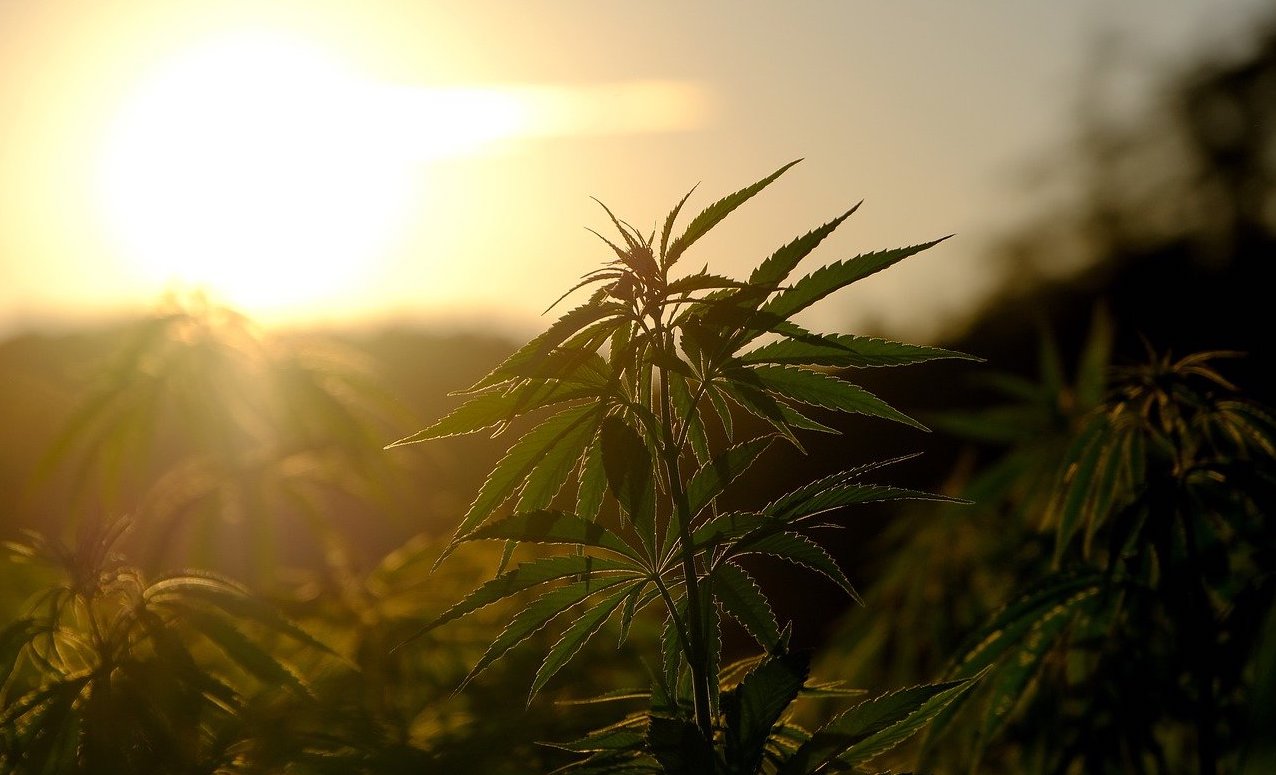 What will Biden’s Agriculture Department Mean for Small Farmers and Hemp?
What will Biden’s Agriculture Department Mean for Small Farmers and Hemp?
Progressives coast to coast breathed a heavy sigh of relief as Joe Biden took the oath of office, ending the turbulent and reactionary rule of Donald Trump over the past four years.
But hemp cultivation, like the rewriting and replacement of NAFTA, was one of the few areas that actually saw positive change in the Trump years—with bipartisan support. The 2018 Farm Bill that re-legalized the crop after generations of prohibition bore Trump’s signature.
And there are fears that Biden could mean a return to the Washington consensus of a corporate-friendly “free trade” status quo ante, shorn even of the limited populist measures of the Trump era.
For small farmers, including some hemp cultivators, Biden’s choice to lead the US Department of Agriculture (USDA) may provide a case in point.
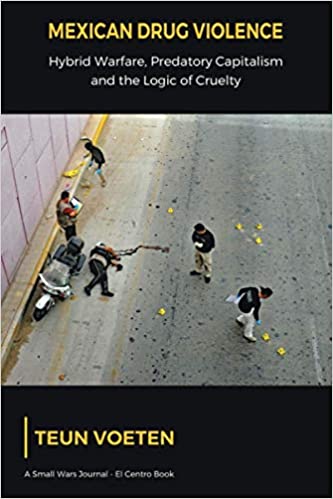 Veteran war photographer Teun Voeten has worked in conflict zones from Afghanistan and Iraq to Rwanda and Sierra Leone, to Haiti, Nicaragua and Colombia. Now he makes the leap into academia, with his newly published doctoral thesis, Mexican Drug Violence: Hybrid Warfare, Predatory Capitalism and the Logic of Cruelty. Voeten attempts to provide a theoretical framework for the unrelenting cartel wars that may now threaten an actual collapse of the government in the United States' southern neighbor.
Veteran war photographer Teun Voeten has worked in conflict zones from Afghanistan and Iraq to Rwanda and Sierra Leone, to Haiti, Nicaragua and Colombia. Now he makes the leap into academia, with his newly published doctoral thesis, Mexican Drug Violence: Hybrid Warfare, Predatory Capitalism and the Logic of Cruelty. Voeten attempts to provide a theoretical framework for the unrelenting cartel wars that may now threaten an actual collapse of the government in the United States' southern neighbor.
 What will Biden’s Agriculture Department Mean for Small Farmers and Hemp?
What will Biden’s Agriculture Department Mean for Small Farmers and Hemp? Lebanon, long the Middle East's heartland of hashish, has legalized cannabis cultivation for the medical market—but before the law has even taken effect, rumblings of cynicism are heard from the country's traditional growers. The outlaw growers in the Bekaa Valley, with its centuries-long tradition of hash production, will likely remain illicit and face continued militarized enforcement—while corporate producers with state-of-the-art greenhouses on the urbanized coast dominate the industry. And the hashish market has been hard hit by the country's deep economic crisis, leaving the Bekaa cannabis farmers struggling.
Lebanon, long the Middle East's heartland of hashish, has legalized cannabis cultivation for the medical market—but before the law has even taken effect, rumblings of cynicism are heard from the country's traditional growers. The outlaw growers in the Bekaa Valley, with its centuries-long tradition of hash production, will likely remain illicit and face continued militarized enforcement—while corporate producers with state-of-the-art greenhouses on the urbanized coast dominate the industry. And the hashish market has been hard hit by the country's deep economic crisis, leaving the Bekaa cannabis farmers struggling. In the near future, the CBD, THC or other cannabinoids you consume in edibles or medications may not be derived from cannabis at all, but grown in a laboratory.
In the near future, the CBD, THC or other cannabinoids you consume in edibles or medications may not be derived from cannabis at all, but grown in a laboratory.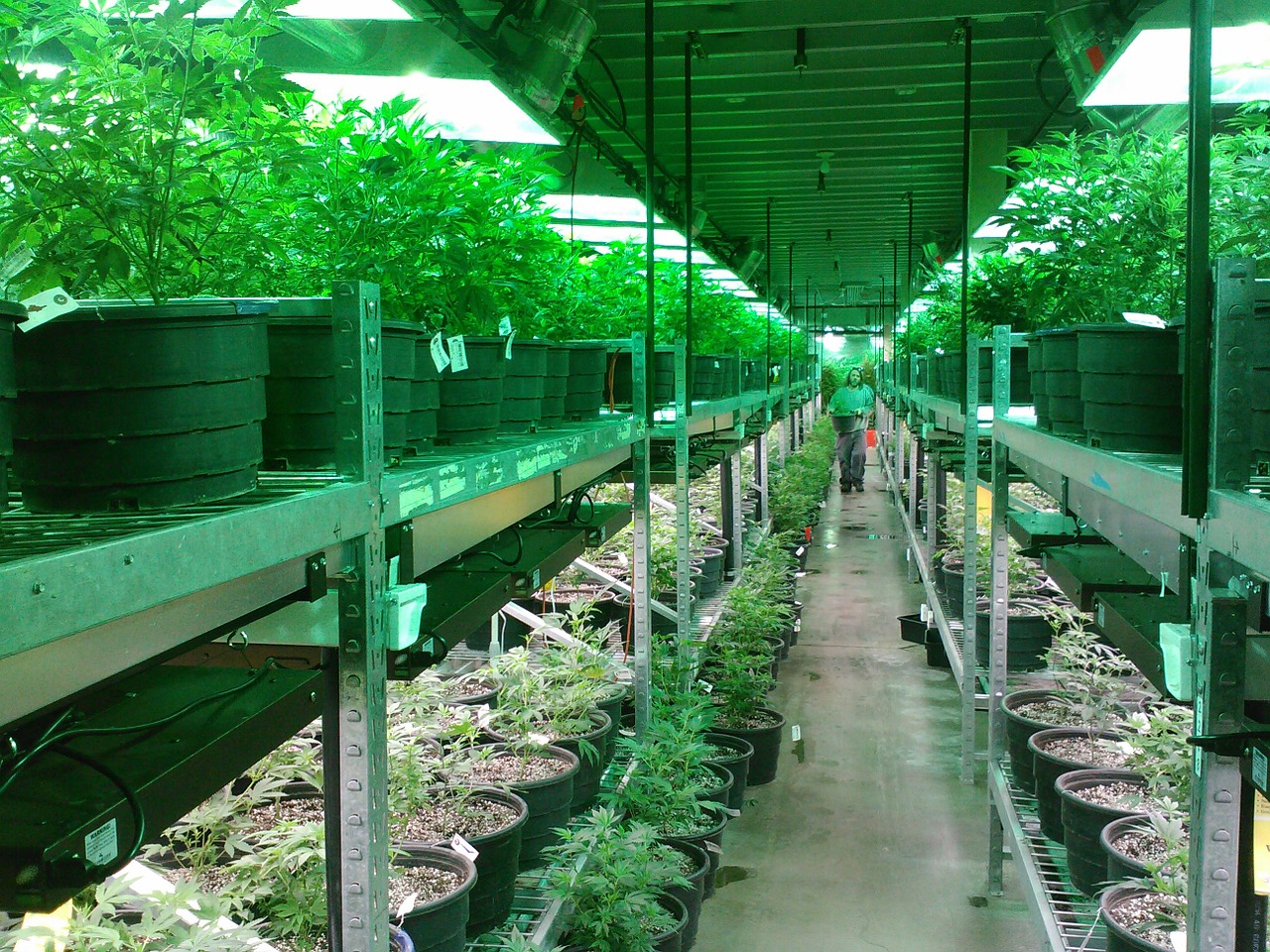 Gains are reported from Massachusetts in organized labor's push to unionize the cannabis industry. But significant obstacles remain—from management roadblocking, to the ambiguous status under national labor law of an industry dealing in a federally illegal substance.
Gains are reported from Massachusetts in organized labor's push to unionize the cannabis industry. But significant obstacles remain—from management roadblocking, to the ambiguous status under national labor law of an industry dealing in a federally illegal substance.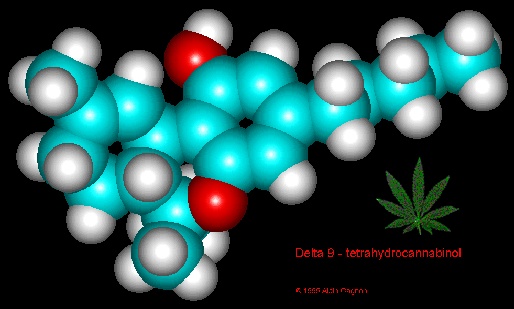 CBD products are now everywhere—health-food emporia, pharmacies, truck-stops. And pursuant to the 2018 Farm Bill, they are now legal—as long as the CBD is derived from “hemp” as opposed to what has traditionally been called “marijuana.” Hemp, as legally defined, is cannabis with under 0.3% THC—the psychoactive component of the plant, responsible for the long-stigmatized “high.”
CBD products are now everywhere—health-food emporia, pharmacies, truck-stops. And pursuant to the 2018 Farm Bill, they are now legal—as long as the CBD is derived from “hemp” as opposed to what has traditionally been called “marijuana.” Hemp, as legally defined, is cannabis with under 0.3% THC—the psychoactive component of the plant, responsible for the long-stigmatized “high.”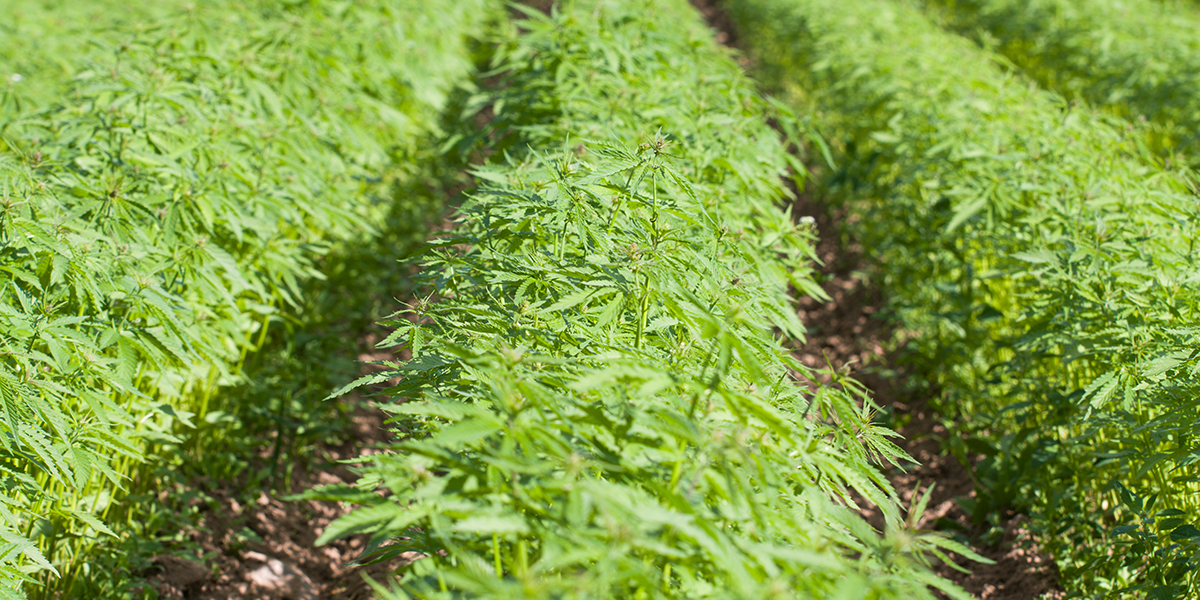 The autumn of 2019 saw the United States' first hemp harvest since effective prohibition of the crop under the strictures of the Marihuana Tax Act in 1937. These strictures were overturned in the Farm Bill signed into law by President Trump in the closing days of 2018. This harvest was looked to eagerly across much of rural America, as legal hemp had been plugged as a salvation for the nation's struggling farmers—and the soaring popularity of CBD appeared to provide a booming market. The fashionable cannabinoid had also been legalized by the 2018 Farm Bill—when derived from hemp, or cannabis with less than 0.3% THC.
The autumn of 2019 saw the United States' first hemp harvest since effective prohibition of the crop under the strictures of the Marihuana Tax Act in 1937. These strictures were overturned in the Farm Bill signed into law by President Trump in the closing days of 2018. This harvest was looked to eagerly across much of rural America, as legal hemp had been plugged as a salvation for the nation's struggling farmers—and the soaring popularity of CBD appeared to provide a booming market. The fashionable cannabinoid had also been legalized by the 2018 Farm Bill—when derived from hemp, or cannabis with less than 0.3% THC. Thailand’s medical marijuana program, after a slow and cautious start, is about to embark on commercial cultivation following cabinet approval of a proposal from the Health Ministry. Unique among such programs worldwide, the Thai framework is crafted to balance the interests of the pharmaceutical industry and the country's traditional herbal medicine practitioners.
Thailand’s medical marijuana program, after a slow and cautious start, is about to embark on commercial cultivation following cabinet approval of a proposal from the Health Ministry. Unique among such programs worldwide, the Thai framework is crafted to balance the interests of the pharmaceutical industry and the country's traditional herbal medicine practitioners.





Recent comments
5 weeks 1 day ago
5 weeks 1 day ago
8 weeks 2 days ago
9 weeks 1 day ago
13 weeks 2 days ago
17 weeks 11 hours ago
21 weeks 16 hours ago
21 weeks 6 days ago
31 weeks 6 days ago
35 weeks 6 days ago